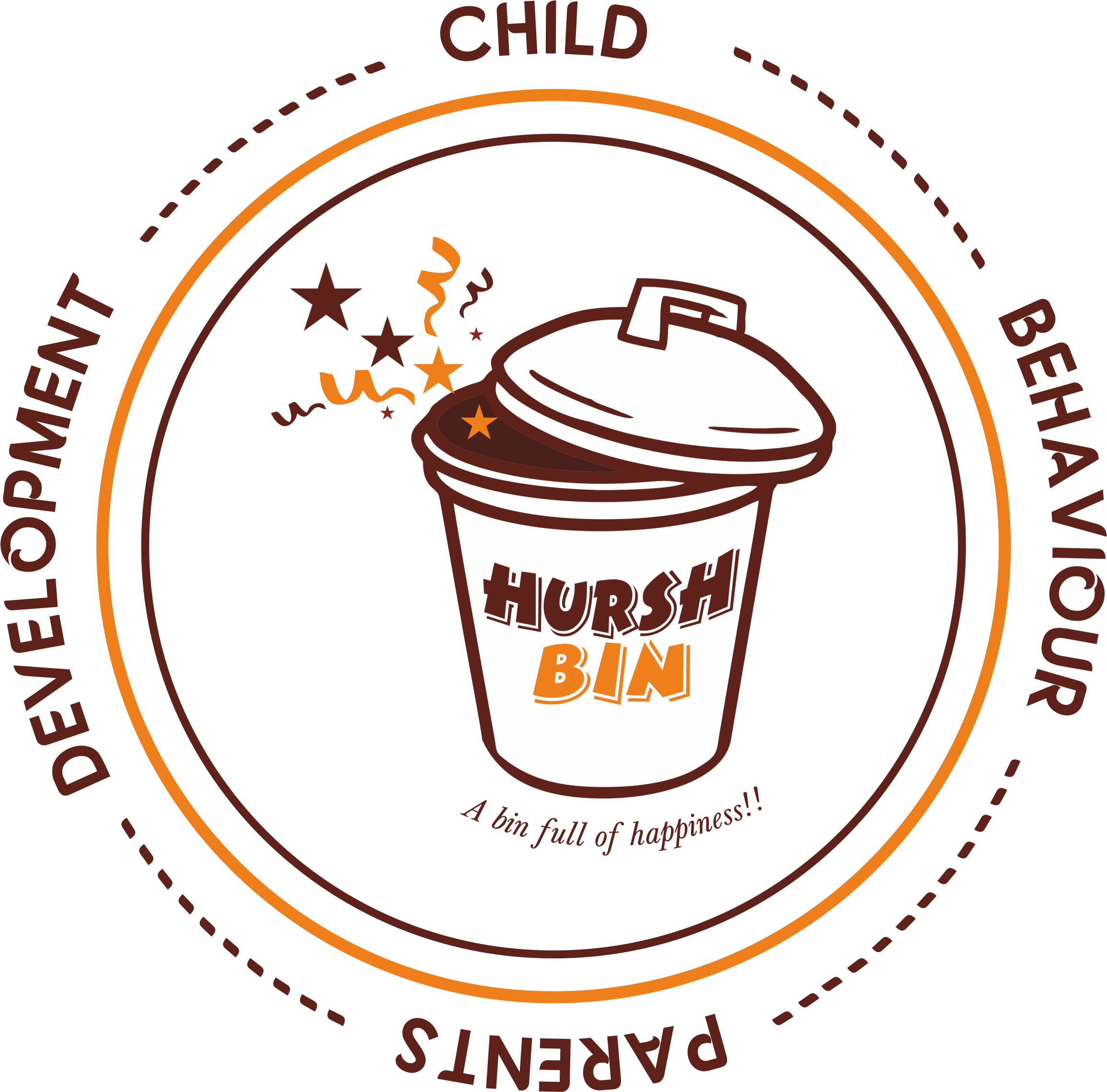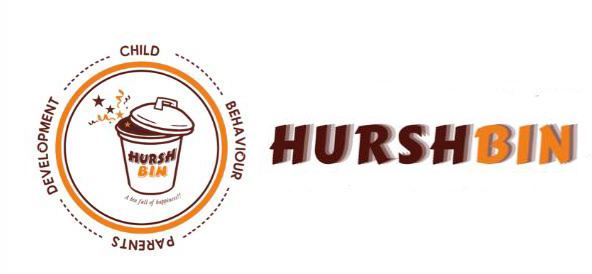Learning Disorder , Learning Disability or difficulty (British English) is a condition displaying inability in learning through various perception. It is actually an inability to comprehend or process information and memorize content at various levels,caused by several different factors. A child with a learning difficulty may have difficulties in learning , listening, speaking ,reading, writing, memorizing understanding concepts (environmental or mathematical) and difficulties in expressing learnt content.
- Difficulties in learning
- Difficulties in memorizing concepts
- Difficulties in Reproducing learnt concepts
- Significant functional lag
- Underachievement
- Lost interest & confidence in learning
Experts say that there is no single, specific cause for learning disabilities. However, there are some factors that could cause a learning disability:
- Heredity/Genetics
- Illness and difficulties during and after birth:
- Stress during infancy
- Low stimulation from environment
- Trauma and Emotional challenges
A learning disability can be screened at any stage of their life. A child may show symptoms of at birth, or you might notice a difference in your child's development during early childhood. Early you notice difficulty in learning, impacts of the same can be reduced to as minimum as possible.
Myth: All learning disabilities (LD) are the same.
Fact: Not all learning disabilities are the same. They can vary a lot in how they affect people depending on the cause and age of the individual.
Myth: Children with learning disabilities has low IQ.
Fact: Having a learning disability doesn't mean a child has a low IQ. Intelligence and learning disabilities are separate things. Children with learning disabilities might have average or even above-average intelligence, but they may face challenges in certain areas of learning which require different ways of management and teaching.
Myth: All learning disabilities are cured by adulthood.
Facts: Learning disabilities often continue to influence how a person learns throughout their life. However, with the right support and accommodations, individuals can still succeed and thrive in various areas.
Myth: Children with learning disabilities are lazy.
Fact: Children with learning disabilities are not lazy. Their difficulties in learning are due to how their brains process information, which can make certain tasks more challenging as a result they procrastinate demanding tasks.
Myth: Learning disabilities and ADHD often co-exist.
Fact: It is true that nearly one-third of children with learning disabilities also have ADHD but That doesn't remain to be only cause of difficulties in learning.
Myth: People with LDs cannot learn.
Fact: People with learning disabilities can absolutely learn. Learning disabilities don't mean a person can't learn; rather, they might learn differently or need extra assistance to reach their full potential.
Myth: Accommodations give an unfair advantage.
Fact: Fair is not always equal. Accommodations allow people with LDs to work to their level of their ability and not their disability.
Myth: All LDs are outgrown by adulthood.
Fact: LDs tend to be noticed most often in school, but can affect all areas of life. Often by adulthood, people have found ways to use their strengths to compensate for their deficits. Many adults seek work environments that are a good fit.
- Early identification
- Acceptance of condition
- Provide emotional support
- Read and gain knowledge about condition
- Collaborate with experts in the field
- Create conducive environment
- Encourage strengths and interests
- Learn to train the child for challenges
- Provide structured age and functional level appropriate learnings
- Access resources and upgrade knowledge
- Model desirable behavior and problem solving
- Be a Mentor to guide them in learning emotional regulation.
Most children difficulties in learning at various levels. Children with LD can be helped by first identifying cause of the difficulties & functional lag. Strategic individualized program can help children cope up with concerns to flow the learning. Science of behavior play important role in training child for age-appropriate learning skills.
Yes, if a child is showing traits of a learning disability (LD), it is a matter of concern that should not be ignored. A learning disability can affect a child’s ability to acquire, process, and use information effectively, which can lead to difficulties in learning, reading, writing, reasoning, and math skills. Early identification and intervention are crucial for children with LD. Ignoring or neglecting the signs can hinder their academic progress and emotional well-being. The sooner the child receives appropriate support and accommodations, the better chance they have to overcome challenges and succeed in their education. It is essential for parents, caregivers, and educators to be observant and proactive in addressing any concerns related to learning difficulties. Consulting with professionals, such as pediatricians, psychologists, or educational specialists, can help assess the child’s needs and develop an individualized plan for intervention and support.
Yes absolutely, provided teachers have skills and ability and experience to manage and teach children with LD in classroom. The ability of a child with a learning disability to attend mainstream school and learn age-appropriately can vary based on the specific disability, individual needs and availability of support & learnt staff. Inclusion in mainstream schools is often encouraged, and with proper support and accommodations, many children with learning disabilities can thrive and learn at their own pace. However, it is essential to work closely with educators, specialists, and the child’s support team to create a tailored learning plan that addresses their unique needs and challenges. Early intervention and a supportive environment can significantly impact a child’s educational journey and help them achieve their potential. Every child is unique, and the impact of a learning disability can vary greatly from one individual to another. Some children may excel in mainstream settings with appropriate support, while others may benefit from a combination of mainstream and specialized services. The key is to provide a nurturing and accommodating environment that fosters each child’s strengths and helps them overcome challenges to reach their full potential.
At HurshBin, we believe in a comprehensive skill development program taking care of individual’s overall learning needs from play, Leisure, social interaction, group behaviour, Language to Academics and Emotional Regulation along with parents training. Individuals are helped in overall growth and development to ensure age-appropriate functionality. Learning program at HurshBin is extremely individualised and customised as per child’s learning needs. We have collaboration with many renowned schools offering various boards to ensure smooth transition in higher secondary section of schooling. We encourage families to opt for alternative learning program like home school or Mixed type learning program to support and ensure growth in each areas of child’s development to eventually grow them academically to appear for appropriate board exam. We ensure mentoring and guidance for various rehabilitation concession and facilities available through Indian education system in helping children develop.


